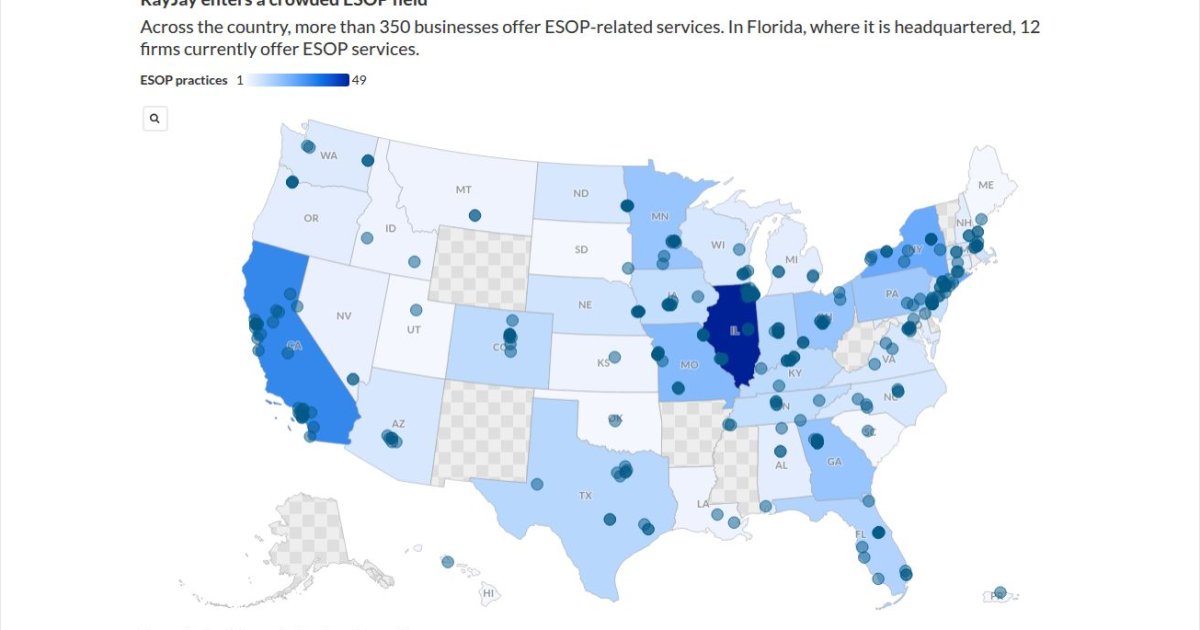Welcome to “Show Me Your Stack,” a series from Financial Planning in which we interview those who deliver financial advice to learn what tools they rely on to make it happen. Rising client expectations are driving the need for more powerful tech tools, and we’re digging deep to find out why advisors prefer certain solutions.
A self-described “connoisseur of tech,” Drew Lunt said the tools he used when employed at his first firm led to the decision to build “from ground zero” when he set up his own company.
After graduating in 2019 from Northwest Nazarene University with a degree in financial economics and accounting, Lunt served as a wealth advisor at R|W Investment Management in Boise, Idaho, until 2022. It was then that he founded his RIA, Scratch Capital, which now has around $225 million in AUM from 120 client households, and four employees, including two advisors.
True to the name, Lunt said he basically started his current firm with nothing in terms of assets.
“There’s some friends and family that came over, so it’s little more than that,” he said.
As his client base quickly grew over the next three and a half years, he said he found his tech needs started to change with it.
READ MORE: This is the biggest cybersecurity threat for wealth firms
For example, Black Diamond is his main portfolio accounting software. But he’s also been testing out Kubera.
Kubera is not built for RIAs, he said, though it does have an RIA function. He finds it lacking, however for multifamily office services for higher net worth individuals.
“I’m having a tough time,” he said.
READ MORE: Using AI to write that client email? Think twice.
Black Diamond doesn’t do a good job on reporting on held-away assets, said Lunt. A client that has 10 to 20 different real estate properties, private business and a complex debt schedule, may have 15 bank accounts for all these entities.
“Kubera has done a phenomenal job with that,” he said.
Scroll down the slideshow to see what Lunt feels are some of the most important pieces of Scratch Capital’s tech stack:























